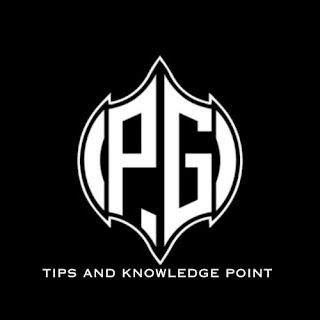Learning C++ can be an exciting journey. Here are some tips to help you get started and progress effectively:
Understand the Basics: Begin by grasping the fundamental concepts of C++ programming, such as variables, data types, operators, control structures (loops and conditionals), functions, and classes. Familiarize yourself with the syntax and basic language constructs.
Practice with Simple Programs: Start with small, manageable programs to reinforce your understanding. Begin with simple exercises like printing patterns, calculating basic mathematical operations, or creating a calculator. This will help you build confidence and develop your coding skills gradually.
Utilize Online Resources: Explore various online resources available for learning C++. Websites like Cplusplus.com, learncpp.com, and GeeksforGeeks provide tutorials, examples, and exercises to help you grasp different concepts. You can also find video tutorials on platforms like YouTube or enroll in online courses on platforms like Udemy or Coursera.
Read Books: Consider investing in a good C++ programming book. Popular titles include "The C++ Programming Language" by Bjarne Stroustrup (the creator of C++), "C++ Primer" by Stanley Lippman, or "Effective Modern C++" by Scott Meyers. Books can provide in-depth explanations and serve as a valuable reference.
Work on Projects: Practical application is crucial for reinforcing your skills. Undertake small projects that interest you and align with your learning goals. It could be a simple game, a command-line application, or a problem-solving exercise. Projects help you put your knowledge into action and develop a deeper understanding of the language.
Participate in Coding Challenges: Engage in coding challenges on websites like LeetCode, HackerRank, or Codeforces. These platforms offer a variety of programming problems categorized by difficulty levels. Solving challenges not only sharpens your problem-solving skills but also exposes you to different coding techniques.
Study and Analyze Existing Code: Read and analyze well-written C++ code available on open-source platforms like GitHub. Understanding how experienced programmers structure their code, apply best practices, and leverage advanced features can enhance your own coding style and efficiency.
Join Programming Communities: Join forums, online communities, or social media groups where you can interact with fellow C++ programmers. Platforms like Stack Overflow and Reddit have active communities where you can ask questions, seek guidance, and learn from experienced individuals.
Practice Debugging: Debugging is an essential skill in programming. Learn how to use debugging tools provided by Integrated Development Environments (IDEs) like Visual Studio, Code::Blocks, or CLion. Identify and fix errors in your code to gain proficiency in troubleshooting.
Stay Updated: C++ is a continuously evolving language. Stay updated with the latest standards and new features introduced. Keep an eye on C++ conferences, blogs, and official documentation to learn about recent advancements and best practices.
Remember, learning programming requires dedication and practice. Embrace the learning process, be patient with yourself, and keep coding regularly. Happy coding!
For more posts visit our official website:-









0 Comments
if you have any doubts or problem please comment me!